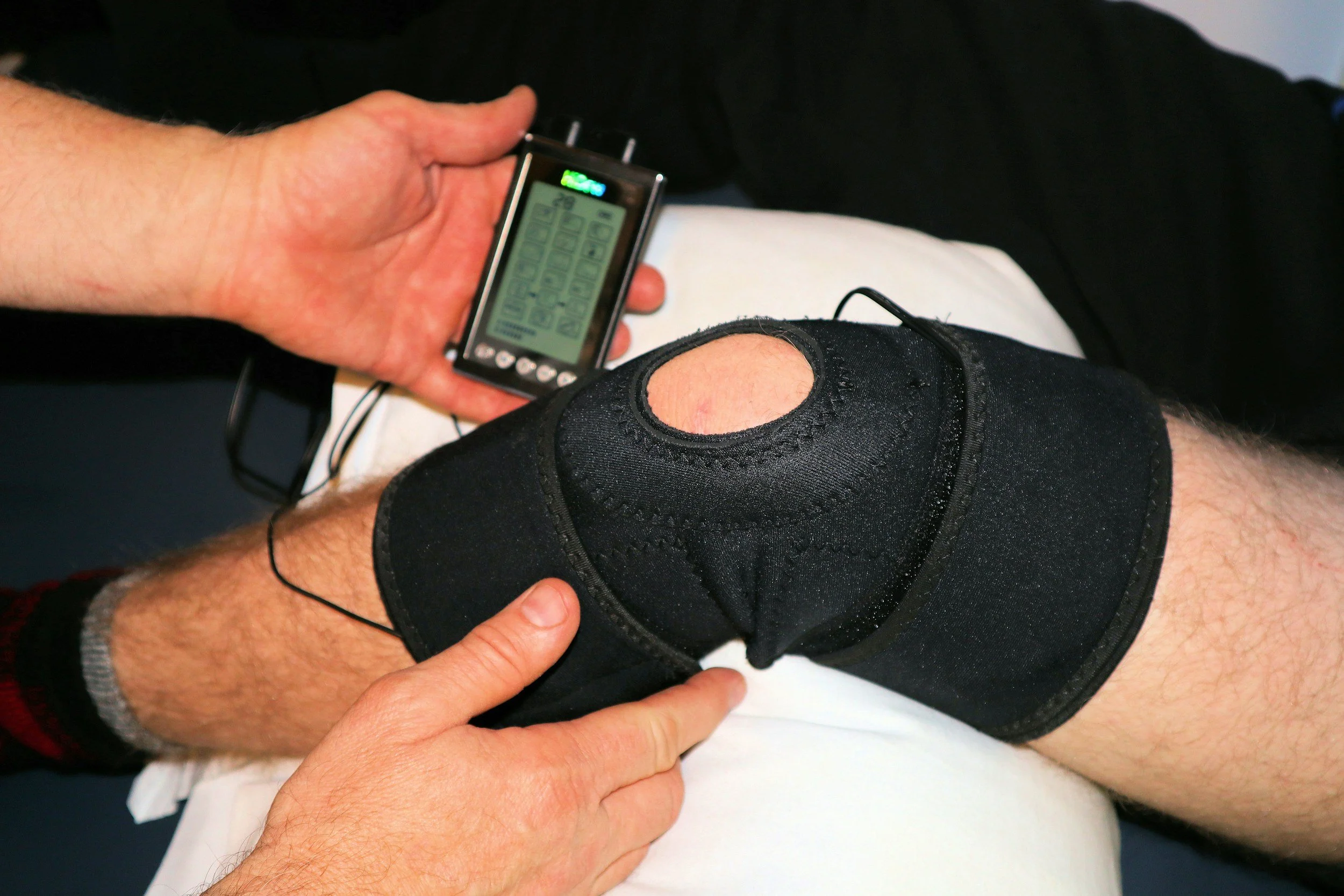Armed with Knowledge: The Significance of Firearm Training in Self-Defense
In the realm of self-defense, the possession of a firearm carries immense responsibility. While a gun can undoubtedly serve as a powerful tool for personal protection, its effectiveness and safe usage hinge on comprehensive training and a deep-rooted understanding of legal and ethical principles. This article delves into the paramount importance of firearm training, exploring the multifaceted aspects that empower individuals to wield this formidable force judiciously.
Introduction:
In an increasingly unpredictable world, the desire to safeguard oneself and loved ones is a natural instinct. However, the decision to acquire a firearm for self-defense should never be taken lightly. Without proper training, the consequences of mishandling or misusing a gun can be catastrophic, potentially endangering innocent lives and leading to legal repercussions. Responsible gun ownership hinges on a commitment to continuous education, skill development, and a steadfast dedication to safety.
Legal Considerations:
Navigating the intricate web of local, state, and federal regulations governing firearm ownership and use is a critical first step. Failure to comply with these laws can result in severe penalties, underscoring the importance of understanding the legal parameters within which firearms can be legally possessed and employed for self-defense. Comprehensive training programs not only impart practical skills but also delve into the legal nuances, equipping individuals with the knowledge necessary to make informed decisions and avoid inadvertent violations.
Developing Essential Skills:
At the core of firearm training lies the cultivation of fundamental marksmanship skills. From mastering proper stance and grip to achieving precision through sight alignment and trigger control, these foundational techniques form the bedrock of safe and effective gun handling. However, self-defense extends beyond mere target practice. Situational awareness, threat assessment, and decision-making under pressure are equally crucial components that seasoned instructors meticulously instill in their students.
Beyond the Fundamentals:
As individuals progress in their training, they encounter advanced techniques that further refine their abilities. Shooting from various positions, rapid reloading, and malfunction clearance are just a few examples of the skillsets that elevate preparedness for real-world scenarios. Scenario-based training, which simulates potential self-defense situations, plays a pivotal role in bridging the gap between theory and practice. Additionally, integrating defensive tactics and de-escalation strategies empowers individuals to navigate high-stress situations with a holistic approach, leveraging both physical and mental acuity.
Continuous Education and Practice:
Firearm proficiency is not a one-time achievement; it demands an ongoing commitment to learning and practice. Regular training sessions not only reinforce existing skills but also introduce new techniques and strategies. Seeking guidance from certified instructors ensures that individuals stay abreast of the latest advancements and best practices in the field. Furthermore, exploring specialized training programs, such as low-light or vehicle defense courses, can equip individuals with the knowledge and skills necessary to navigate a diverse range of potential threats.
Cultivating a Responsible Mindset:
While technical proficiency is paramount, a comprehensive firearm training program must also instill a deep sense of responsibility and ethical awareness. gun training classes Maui Emphasizing the gravity of using lethal force and its irreversible consequences is a crucial aspect of responsible gun ownership. Ethical considerations, such as the duty to avoid unnecessary harm and the moral responsibilities that accompany the power of a firearm, should be woven into every lesson. Moreover, maintaining emotional and mental preparedness is essential, as the decision to employ a firearm for self-defense can have profound psychological implications.
Conclusion:
In the realm of self-defense, the acquisition of a firearm is a decision that should be preceded by a steadfast commitment to comprehensive training. By embracing the principles of continuous education, skill development, and ethical responsibility, individuals can navigate the complexities of gun ownership with confidence and a heightened sense of preparedness. Ultimately, the true significance of firearm training transcends mere marksmanship; it instills a reverence for safety, fosters a deep understanding of legal and moral obligations, and empowers individuals to wield this powerful tool with the utmost care and discernment.






